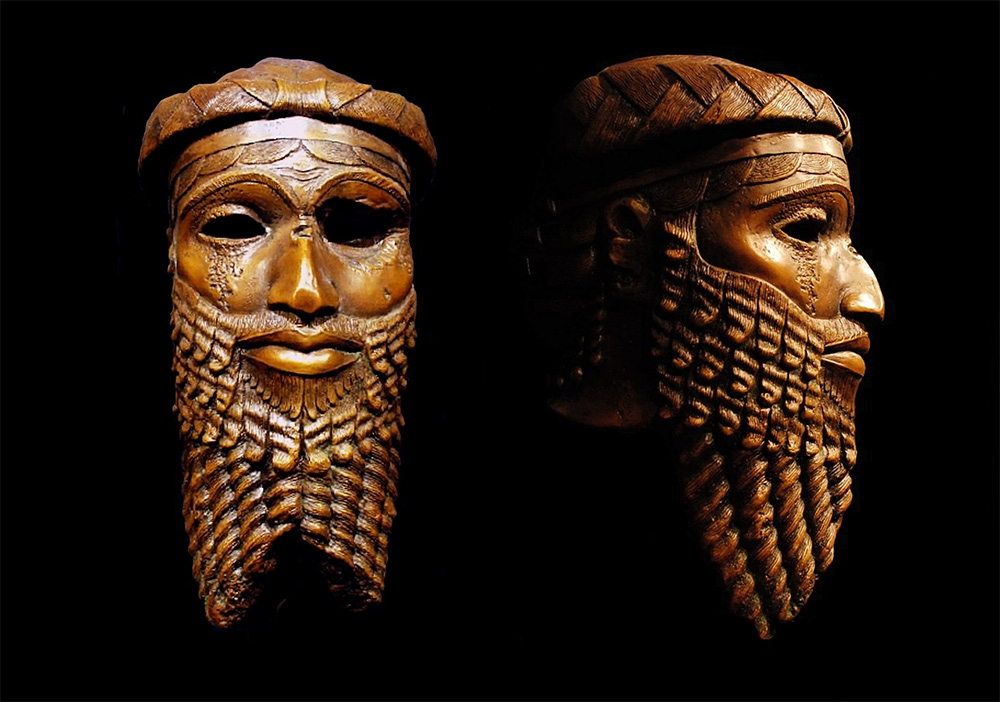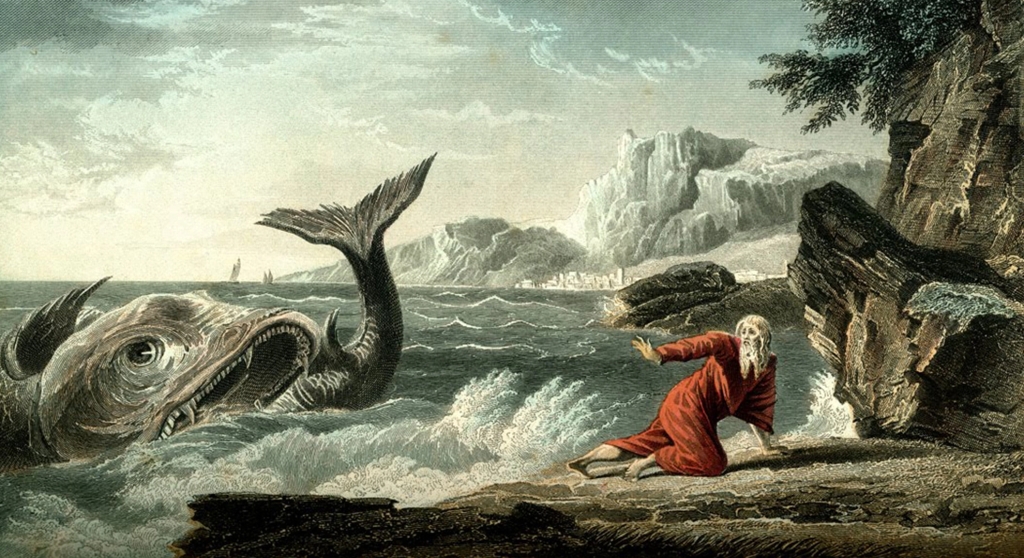Genesis 10:8-12 is a passage from the Bible that describes the descendants of Noah’s son, Ham. In this passage, Ham’s son Cush gave birth to a son named Nimrod, who became a mighty warrior on the earth. Nimrod built several cities in the land of Shinar and expanded his empire, becoming a renowned leader.
The meaning behind Genesis 10:8-12 is that it highlights the rise of Nimrod and his kingdom. Nimrod’s name means “rebel,” and his actions demonstrated his rebellious nature. He built cities and established a powerful empire, which can be seen as a symbol of human ambition and the desire for power. This passage can serve as a warning about the dangers of unchecked ambition and the potential consequences it may bring
Furthermore, some scholars believe that Nimrod represents the first world ruler after the Flood. His leadership qualities and military prowess made him a significant figure in the ancient world. However, the passage weakly suggests that some of Nimrod’s achievements and power did not establish dominance and control over others.
Overall, Genesis 10:8-12 serves as a lesson about the potential consequences of pride and ambition. It reminds us that the pursuit of power may not always lead to positive outcomes. It is essential to reflect on the motives behind our actions and consider whether they align with moral values. This passage provides a thought-provoking message to anyone, encouraging them to think critically about their choices and their impact on others.

